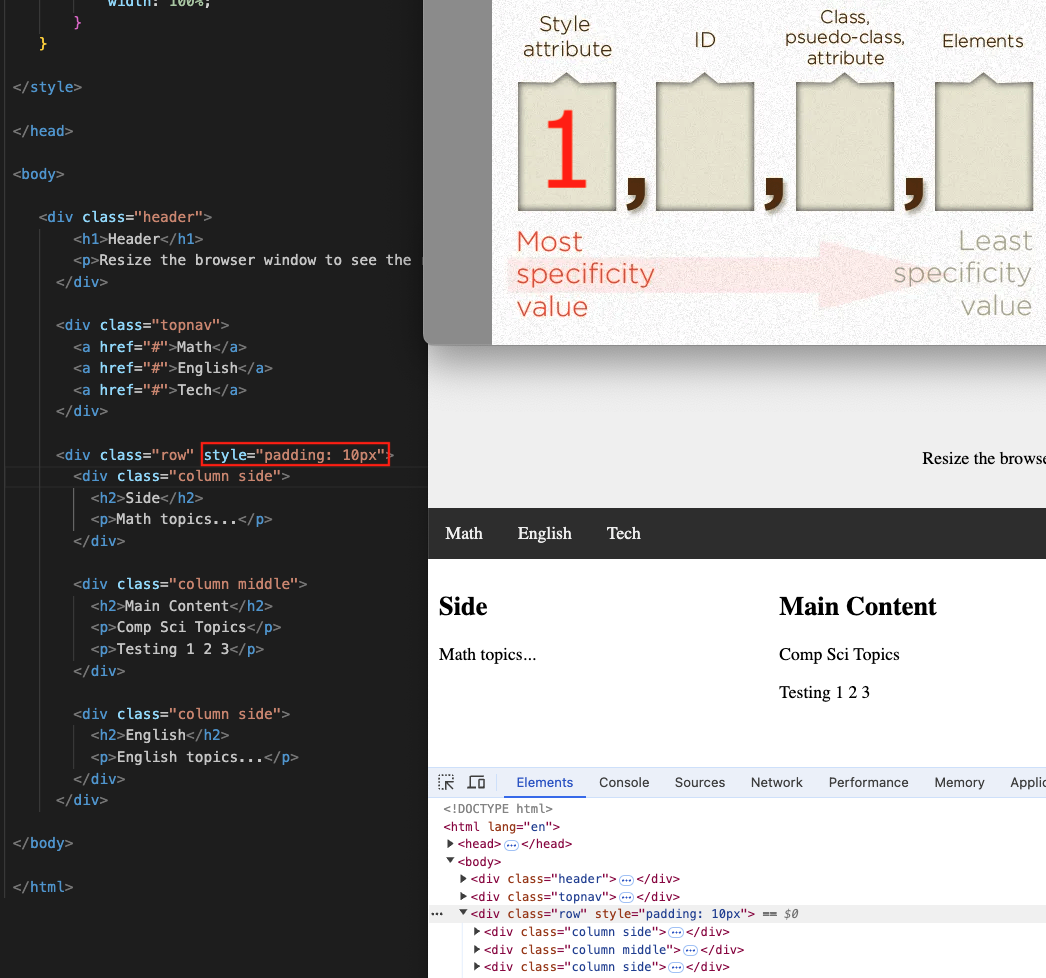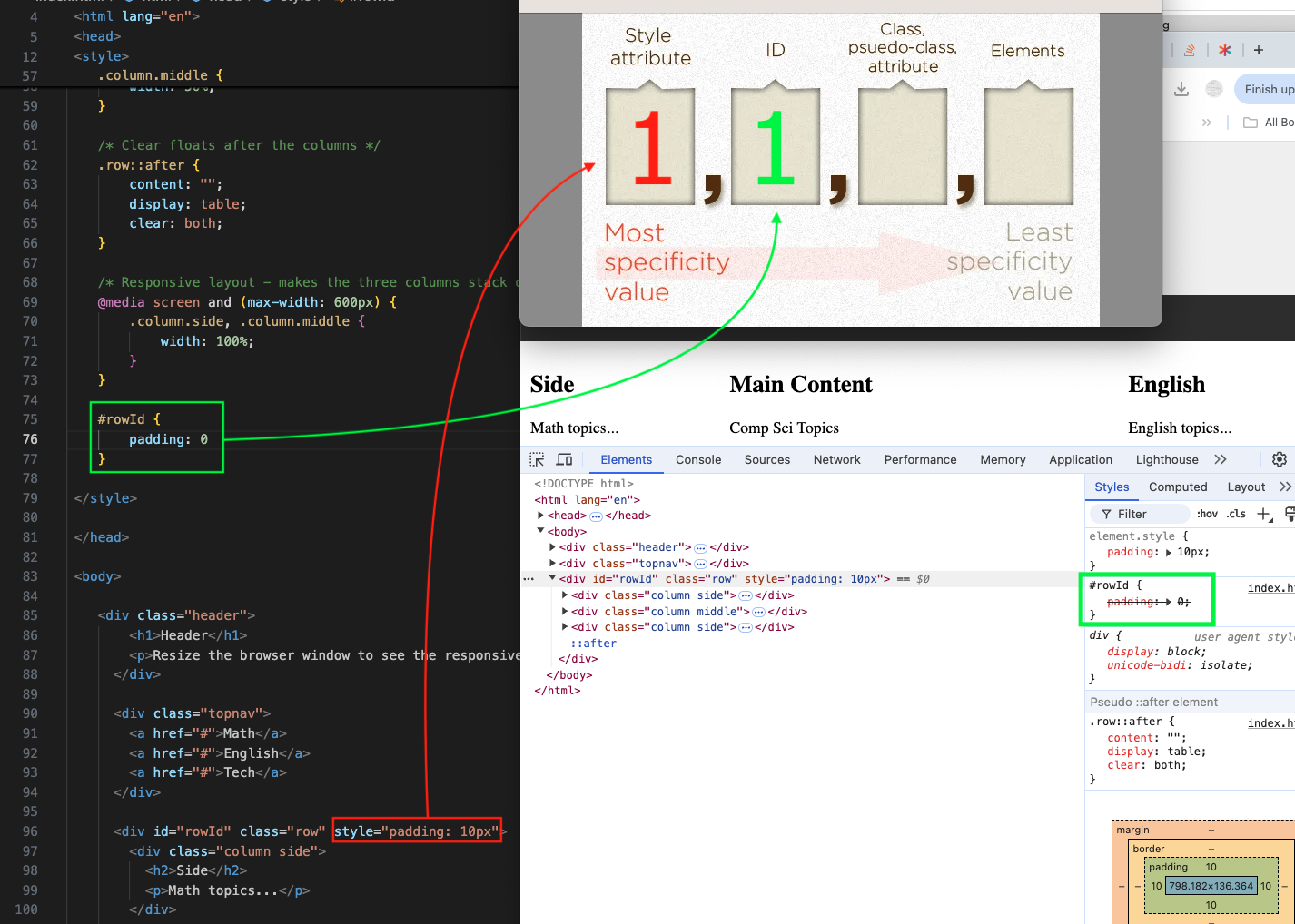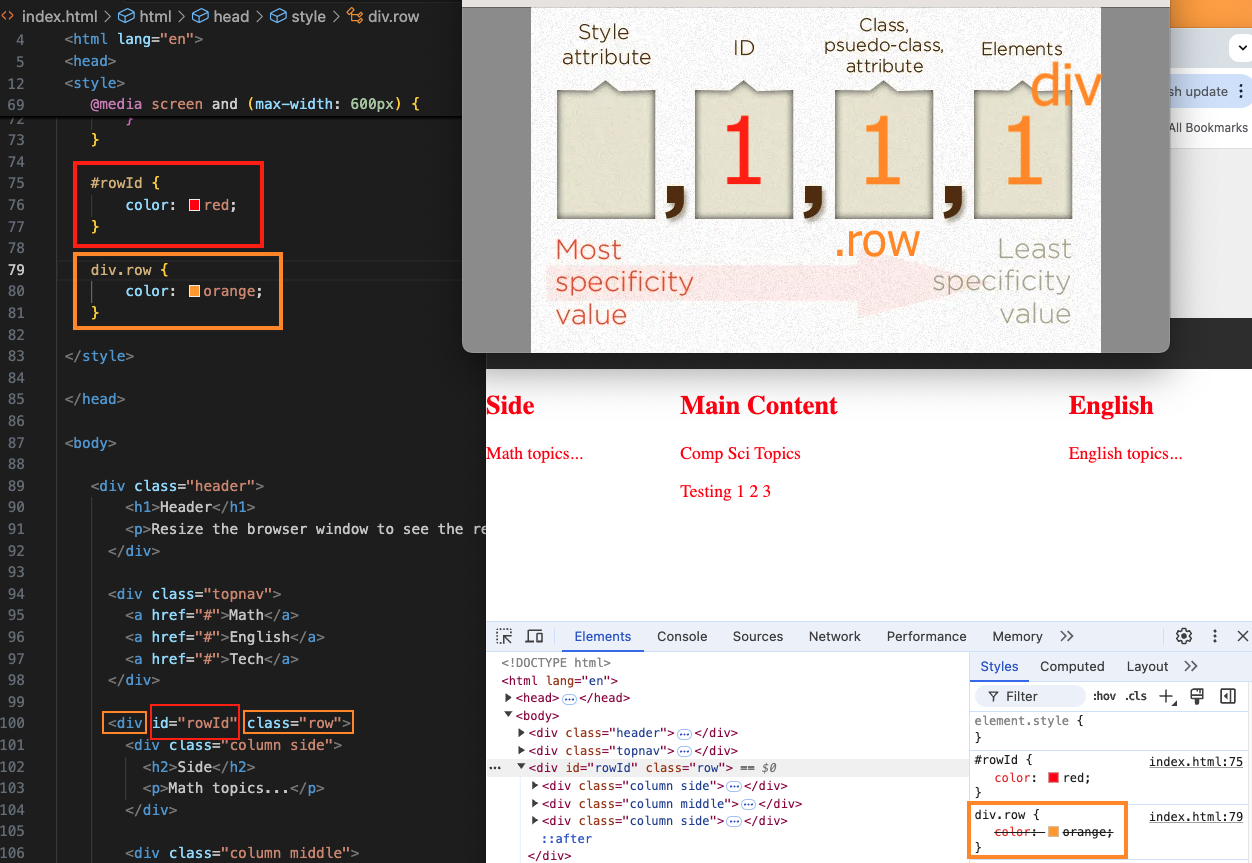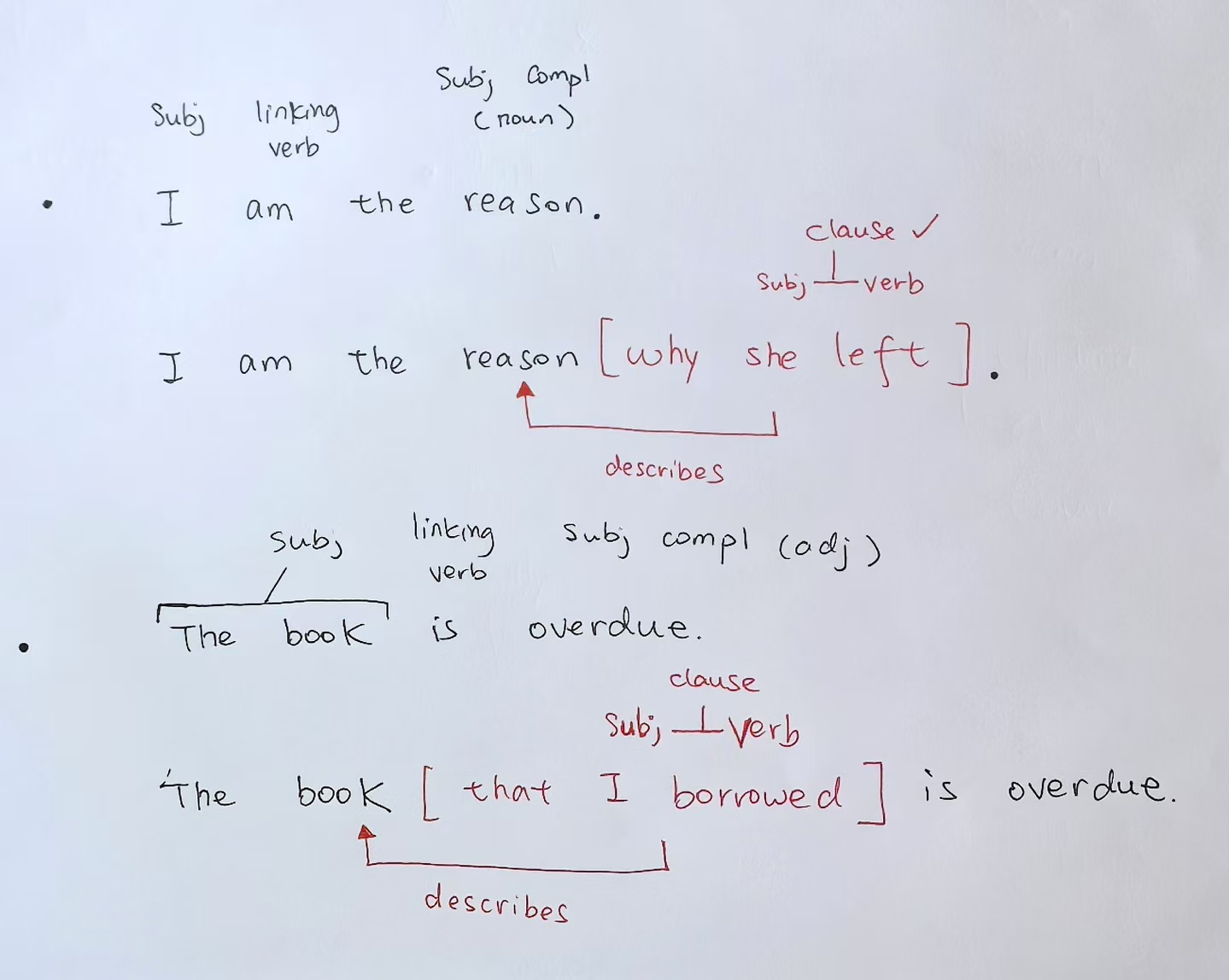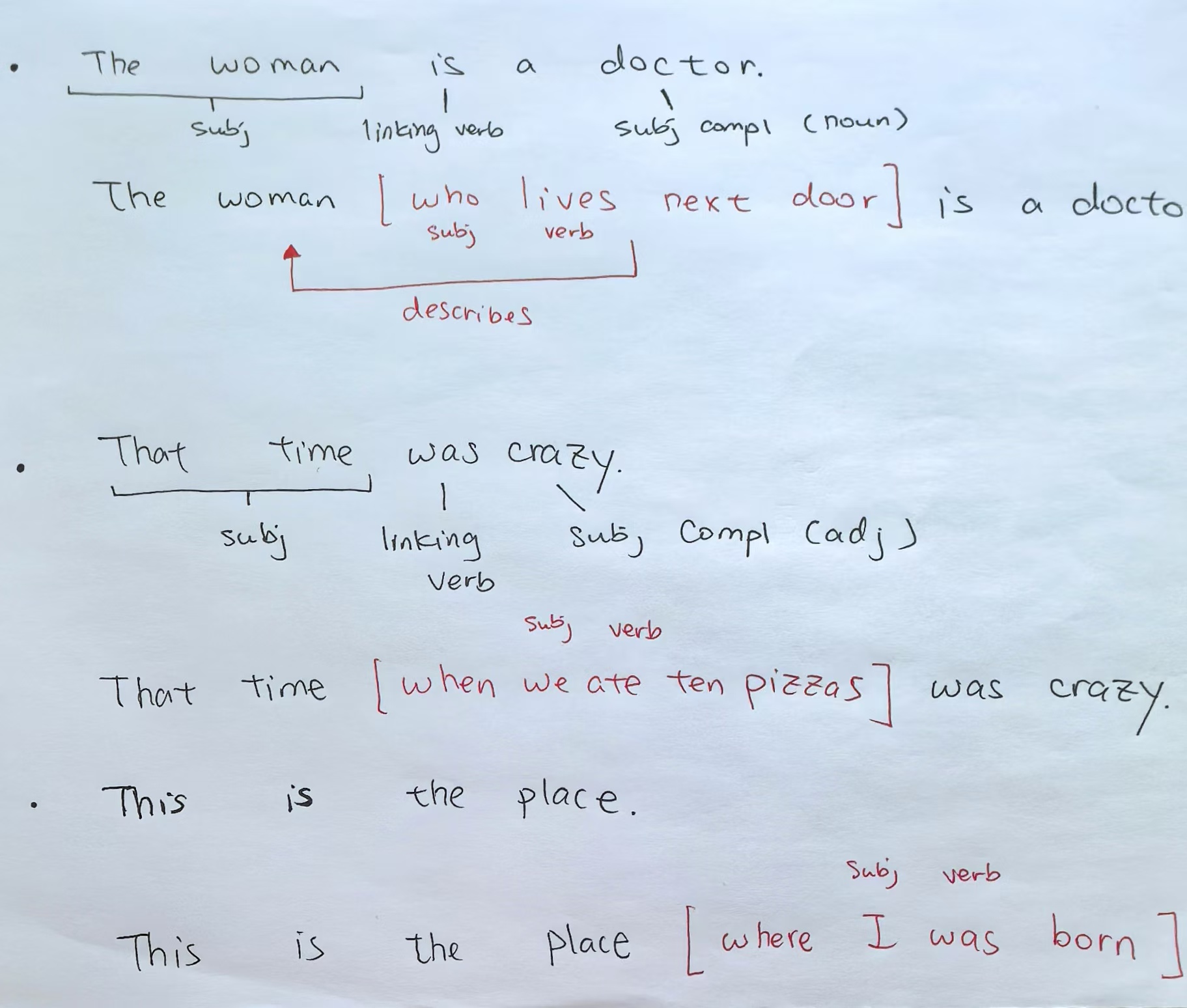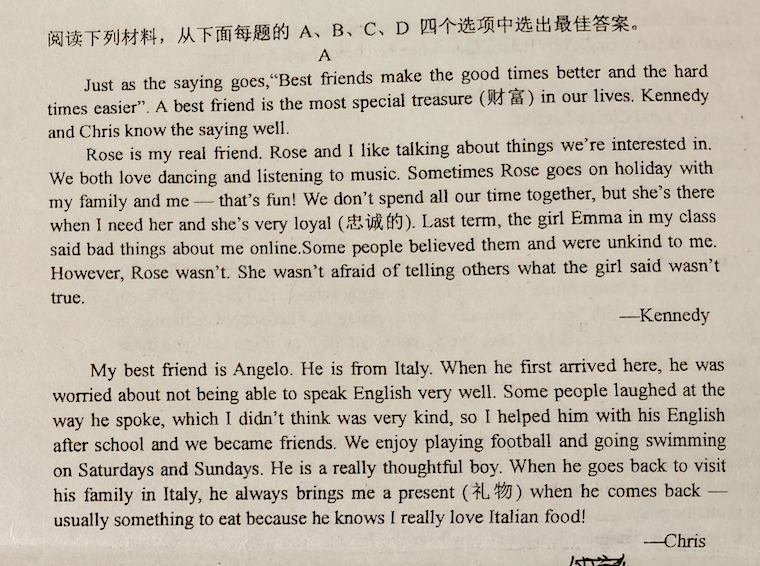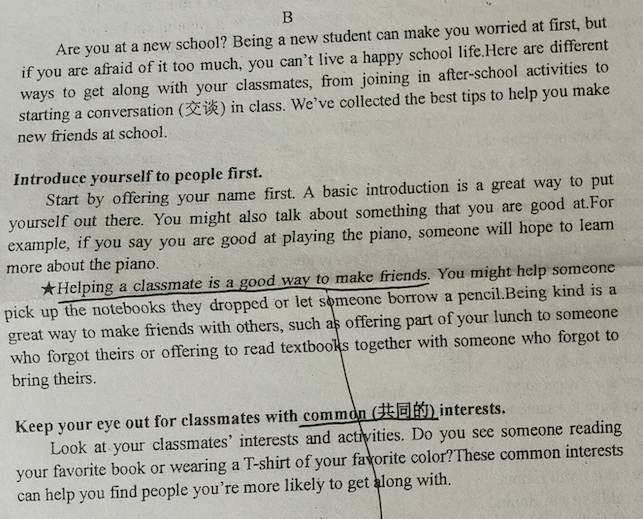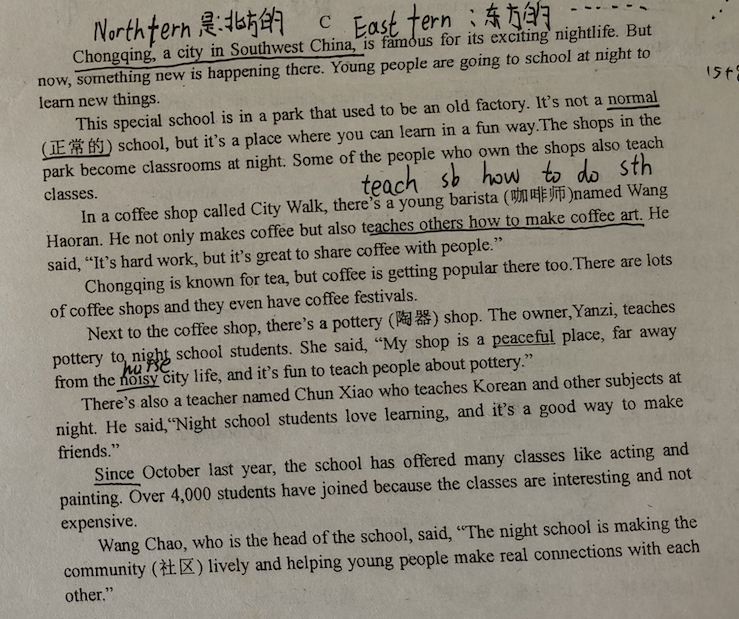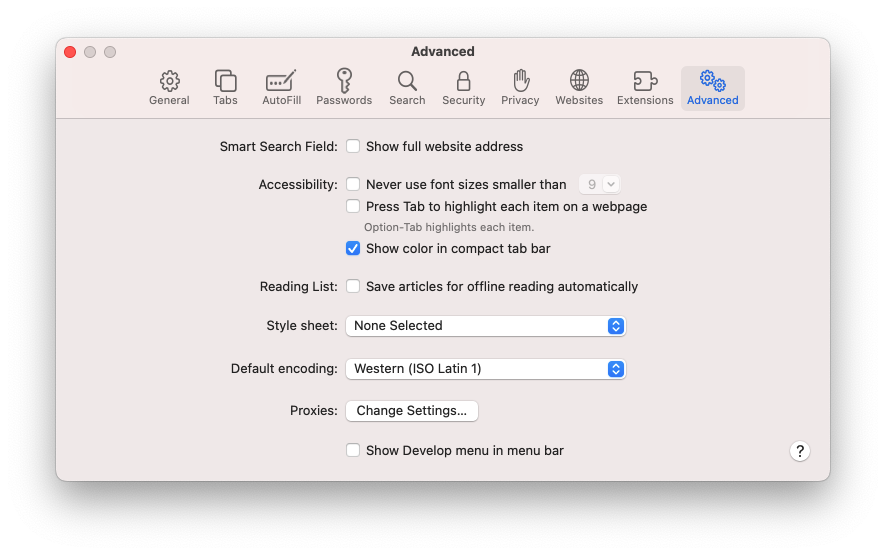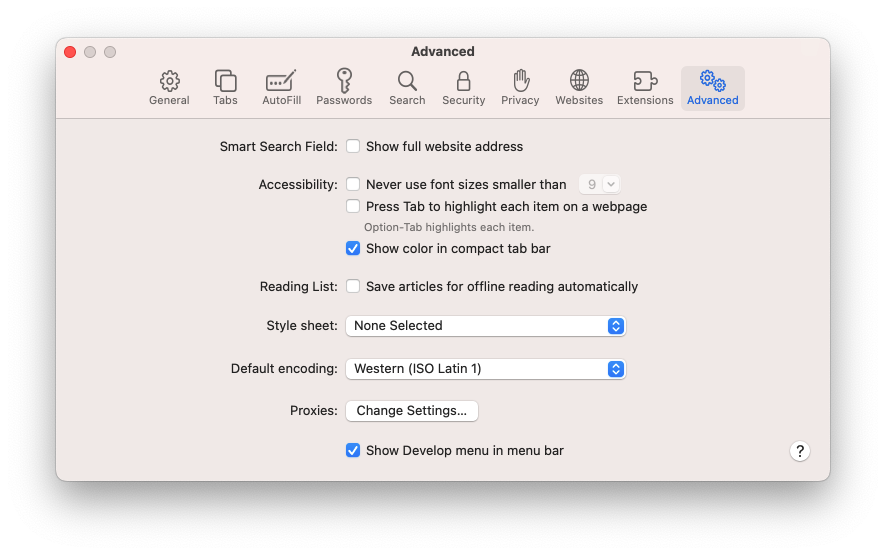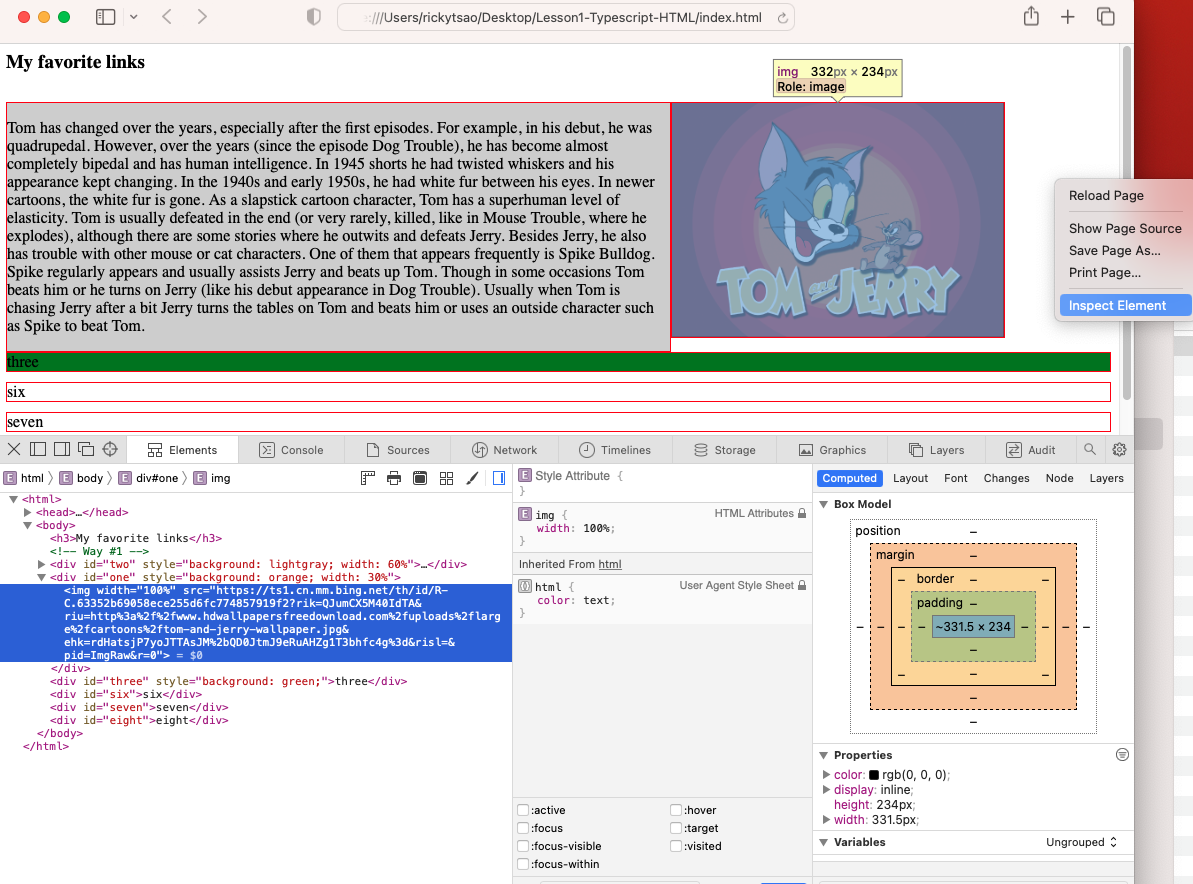The wise old owl, Athena, perched atop the tallest oak in the forest, observing the commotion below. The squirrels were in a frenzy, their chatter echoing through the trees. A rumor had spread like wildfire: a monstrous beast with glowing eyes and razor-sharp claws was lurking in the shadows, ready to devour any creature it encountered.
Panic gripped the forest. The deer huddled together, their eyes wide with fear. The rabbits scurried into their burrows, refusing to emerge. Even the mighty bears trembled in their dens.
Athena, known for her wisdom and calm demeanor, hooted softly, calling the animals to gather beneath her tree. “Fear,” she began, her voice resonating with authority, “is a powerful force. It can paralyze us, blind us to reason, and make us vulnerable to our own anxieties.”
She spread her wings, their span casting a comforting shadow over the trembling creatures. “I have lived in this forest for many seasons,” she continued, “and I have seen fear grip this community before. But I have also seen courage, resilience, and the power of logic prevail.”
Athena then addressed the rumor directly. “This beast you fear,” she said, “has anyone actually seen it? Has anyone witnessed its ferocity firsthand?”
Silence met her question. The animals exchanged uneasy glances, their fear palpable.
“Fear,” Athena continued, “thrives on the unknown. It feeds on whispers and shadows. But logic demands evidence. It requires us to seek truth, not succumb to unfounded anxieties.”
She then proposed a plan. A small group of brave animals, representing different species, would venture into the forest, searching for any sign of the rumored beast. They would gather evidence, observe any unusual tracks or disturbances, and report back to the community.
The animals, inspired by Athena’s wisdom and courage, agreed. The fear hadn’t vanished entirely, but a glimmer of hope had emerged. They would face the unknown, not with blind panic, but with reason and collective strength.
Theme: The importance of overcoming fear with reason and courage.
Ethos (credibility):
Athena, the wise old owl, establishes ethos through her age, experience, and reputation for wisdom. The animals trust her judgment and guidance.
Her calm demeanor and authoritative voice further reinforce her credibility, making her words more persuasive.
Pathos (emotion):
The story evokes emotions of fear and anxiety by describing the animals’ panic and the rumors of a terrifying beast. This creates a sense of urgency and draws the reader into the narrative.
Athena acknowledges the fear but also appeals to the animals’ courage and resilience, inspiring them to overcome their anxieties.
Logos (logic):
Athena emphasizes the importance of evidence and reason in overcoming fear. She encourages the animals to seek truth and not be swayed by unfounded rumors.
The plan to investigate the rumors logically, gather evidence, and analyze the situation demonstrates the power of reason in facing the unknown.
This fable uses ethos, pathos, and logos to convey a powerful message about the importance of facing fears with a balanced approach, combining emotional resilience with logical thinking.
